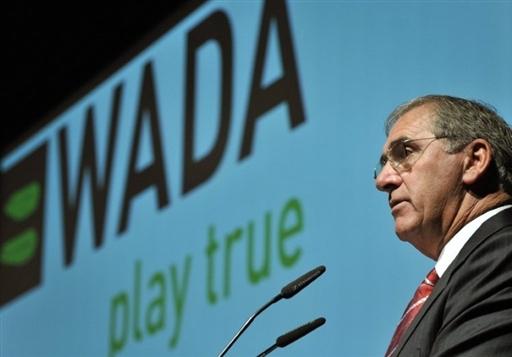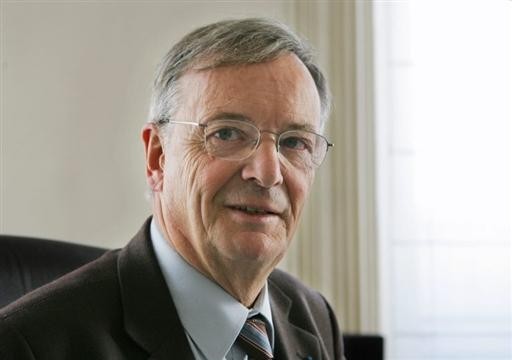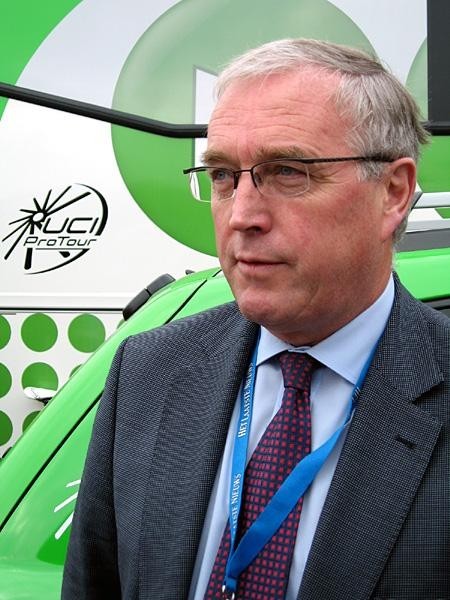No additional tests by AFLD at Tour
WADA rejects French agency's request but welcomes collaboration



The French Anti-Doping Agency (AFLD) will not be allowed to perform additional anti-doping tests at the Tour de France as it had requested several weeks ago. On Wednesday, the World Anti-Doping Agency (WADA) published a resolution deciding on the framework of doping controls at the French Grand Tour that starts in Rotterdam next week.
According to the resolution, the International Cycling Union (UCI) will be in sole charge of the anti-doping tests performed at the event. However, both WADA and the AFLD will play active roles in the process, as WADA will send independent observers to France to inspect UCI testing, and the AFLD may make suggestions for targeted testing to the UCI, with WADA being informed of the process.
This decision was taken on the basis that the AFLD claims to be in the possession of "confidential information from police and customs", which would justify targeted tests. WADA was reluctant to let the AFLD carry out these tests itself, mainly because of legal issues: France's anti-doping code does not recognize the Court of Arbitration for Sport (CAS) as the final instance of legal appeal.
The resolution seems to be a good compromise, as it takes into account all parties concerned in the conflict that has seen the UCI and AFLD at loggerheads since their collaboration at the 2009 Tour. The presidents of both institutions, Pat McQuaid and Pierre Bordry, were engaged in reciprocal criticism and a mediatic war of words until very recently. By means of this resolution, WADA has finally settled a deal that could prove to be very effective in the fight against doping. In theory, both institutions and WADA itself will act together and share information in order to ensure independent supervision of the tests performed.
Get The Leadout Newsletter
The latest race content, interviews, features, reviews and expert buying guides, direct to your inbox!